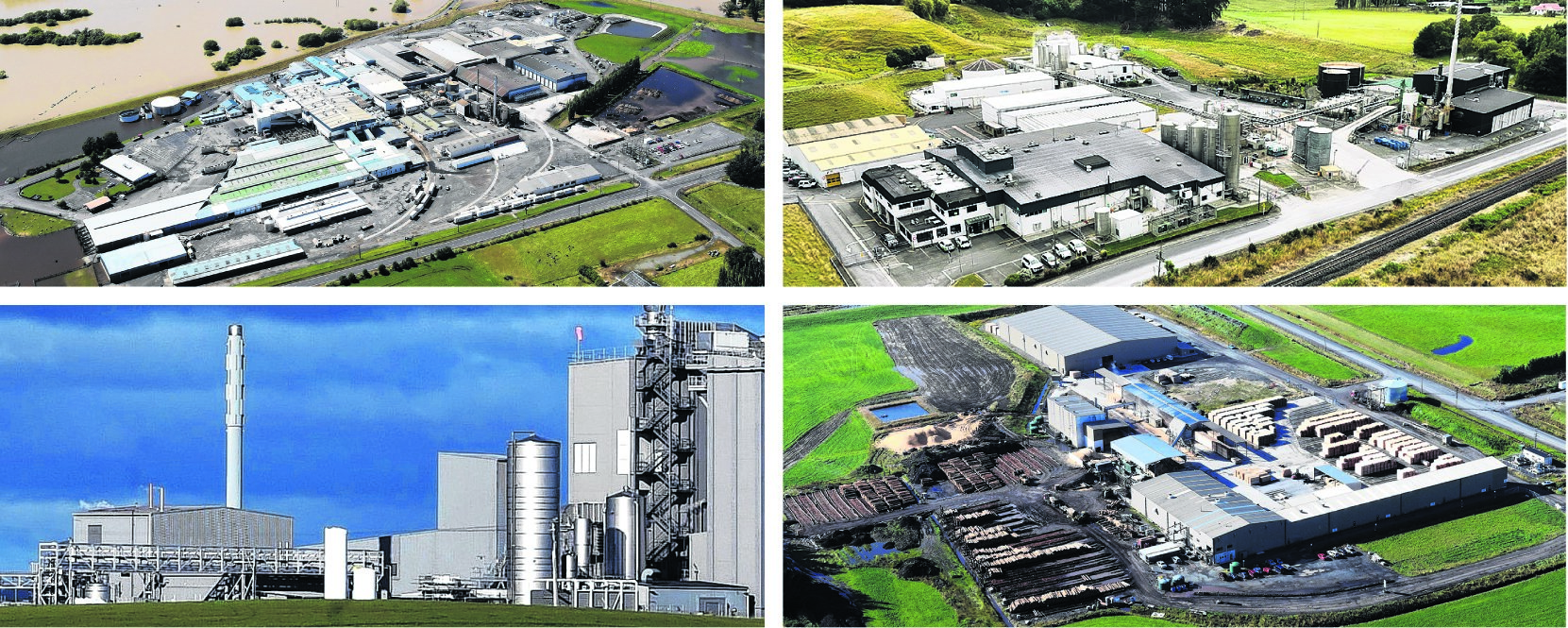
In August, the government updated the Resource Management (Infringement Offences) Regulations for the first time since 1999, with changes taking effect from last Thursday
The Otago Regional Council said penalties now ranged from $600-$2000 for individuals and $1200-$4000 for companies.
Previously, all fines sat between $300-$1000, regardless of who committed the offence.
The government decided to increase the penalties after a Ministry for the Environment review found the old levels were too low to act as a deterrent.
In some cases, it was cheaper for offenders to pay a fine than to comply with environmental rules.
One of the sharpest rises affected companies breaching land-use restrictions, with fines increasing 900%, from $300 to $3000.
The highest fines of $4000 applied to companies found releasing contaminants into the environment from industrial or trade premises, ignoring abatement notices, or breaching a water shortage direction.
The new regulations also expand the scope of fines, separating land-use offences into two categories and extending penalties for dumping waste in coastal marine areas.
Courts might impose even higher costs if infringement notices were challenged unsuccessfully.
Alongside these new penalties, the council has released its latest compliance monitoring report, showing it exceeded performance monitoring targets across Otago during the 2024-25 year.
After setting a target of 6000, the council carried out 8794 performance monitoring checks, including water meter returns and water quality tests, and 1264 site audits and inspections.
Coastal areas including Clutha with its highly productive farmland, forestry, meat and milk processing industry, featured heavily in site audits.
The region’s 24/7 Pollution Hotline (0800 800 033) also received 1407 complaints, leading to 1042 associated incidents.
The most common complaints across the region were water pollution (331), outdoor burning (230), odour (160), and chimney smoke (92).
Over the year, 125 enforcement actions were taken, including 62 infringement notices, 56 abatement notices and one prosecution for outdoor burning.
Another case resulted in convictions for both a company and an individual over tyre storage.
Council compliance manager Simon Wilson praised the region’s engagement with the rules.
"We’re really pleased with the level of compliance seen across Otago and that the public got involved and used the pollution hotline so often, it really is one of the most effective reporting tools we have," he said.
"The changes have been introduced nationally and the [fines] levels had not kept pace with inflation over the years.
"They now separate out the infringement fees to distinguish between individuals and companies."
He said education would remain the first approach, but with rising fines and stepped-up monitoring, compliance was expected to remain a focus across Clutha and the wider region.











